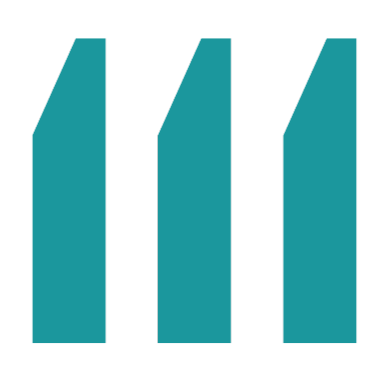Andrea Oliva, coordinator of the AFI Pharmacovigilance Study Group, talks about the marketing of a medicine and the pre- and post-marketing regulatory aspects, a topic that will be covered in the fifth session of the symposium.
All drugs on the market are constantly monitored by pharmacovigilance bodies, there are inherent differences in the type of product, and special attention during the session will be given to herbal, homeopathic and allergen medicines, which involve a slightly different type of pharmacovigilance. In any case, following the marketing of a product there is a need for monitoring of any adverse events and constant reporting in order to contain and minimize unwanted effects of the product. The ultimate goal is to guarantee the patient a safe drug whose risks are minimal and known to the manufacturer, because as we all clearly know there are no drugs that are totally free of side effects.
Dr. Oliva then went into the specifics of simplified registrations covering herbal, homeopathic, and allergen medicines, an introduction that brings many advantages to the marketing authorization process, chief among them a reduction in time frames. The time required for approval of a new medicine to health authorities can shorten, as well as costs are reduced because fewer documents are required to be provided in the dossier needed for the application for authorization.
A very interesting aspect emerging in recent years is the involvement of social media in pharmacovigilance. In fact, it is mandatory for all companies that have obtained AIC (Authorization to Place on the Market) to delegate to the marketing managers of the different social platforms a screening to detect any communication from users. If implemented correctly, this tool could be an excellent resource, since today social media are used by the vast majority of the population and are considered the most functional and direct means of communication.


